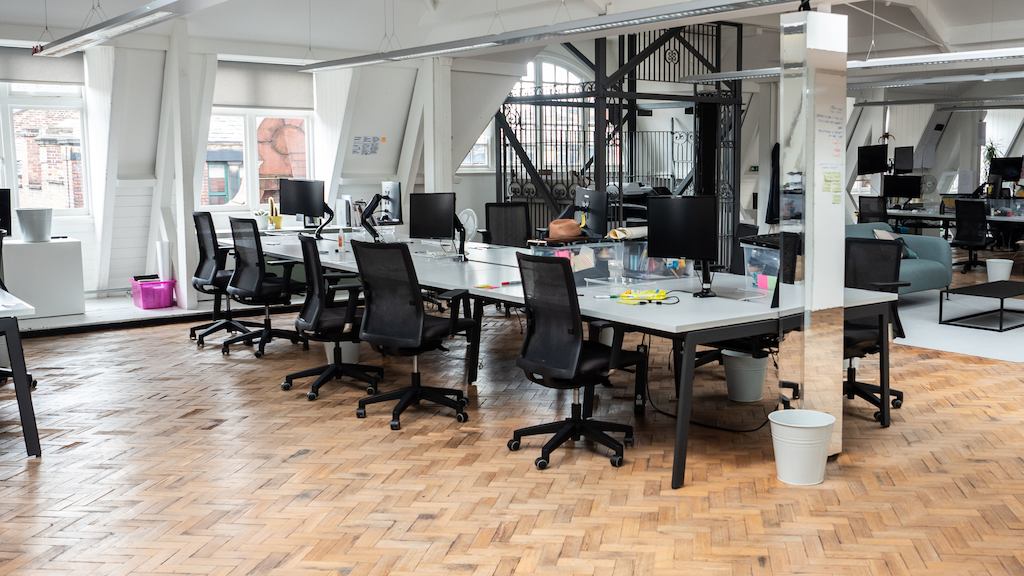Coronavirus is exacerbating inequalities on every level imaginable: whether that’s the health issues caused by being locked down in a dilapidated or poorly heated home, the heavy economic hit to those already on low pay, or simply the greater risk of becoming gravely ill borne by those already in poor health.
If these health and financial inequalities become entrenched in mid-life, it is very difficult to close the gap when people move into their 60s, 70s and beyond. Many people who might otherwise have expected good prospects in later life will now struggle.
Today’s new analysis from the Institute for Fiscal Studies (IFS) – the first publication in our two-year partnership – adds new evidence to this picture.
During June and July, the wealthiest fifth of employees aged 50+ were 14 percentage points less likely to be worried about their job security than the least wealthy fifth. The most wealthy, and those on the highest incomes, were the most likely to be working from home – while those at the other end of the wealth and income spectrum were the most likely to be working outside of the home, potentially putting them at greater risk of contracting the virus.
It’s not just wealth inequalities. The analysis finds that people with a health condition or disability that limits their work are 34 percentage points more likely to be worried about their job security than those without. In a separate report, the IFS found that the chance of working in shutdown sectors was much higher among certain ethnic groups – such as hospitality and leisure: older workers from Pakistani and Bangladeshi backgrounds are much more likely to work in shutdown sectors than younger workers from the same background – the reverse of what we see among people from White backgrounds.
There is also some potentially good news here. People age 50+ who are working from home are five percentage points more likely than others to say they are planning to retire later – suggesting that the great flexible working experiment of 2020 is indeed making some workplaces more age-friendly. But not everyone has access to those flexibilities.


